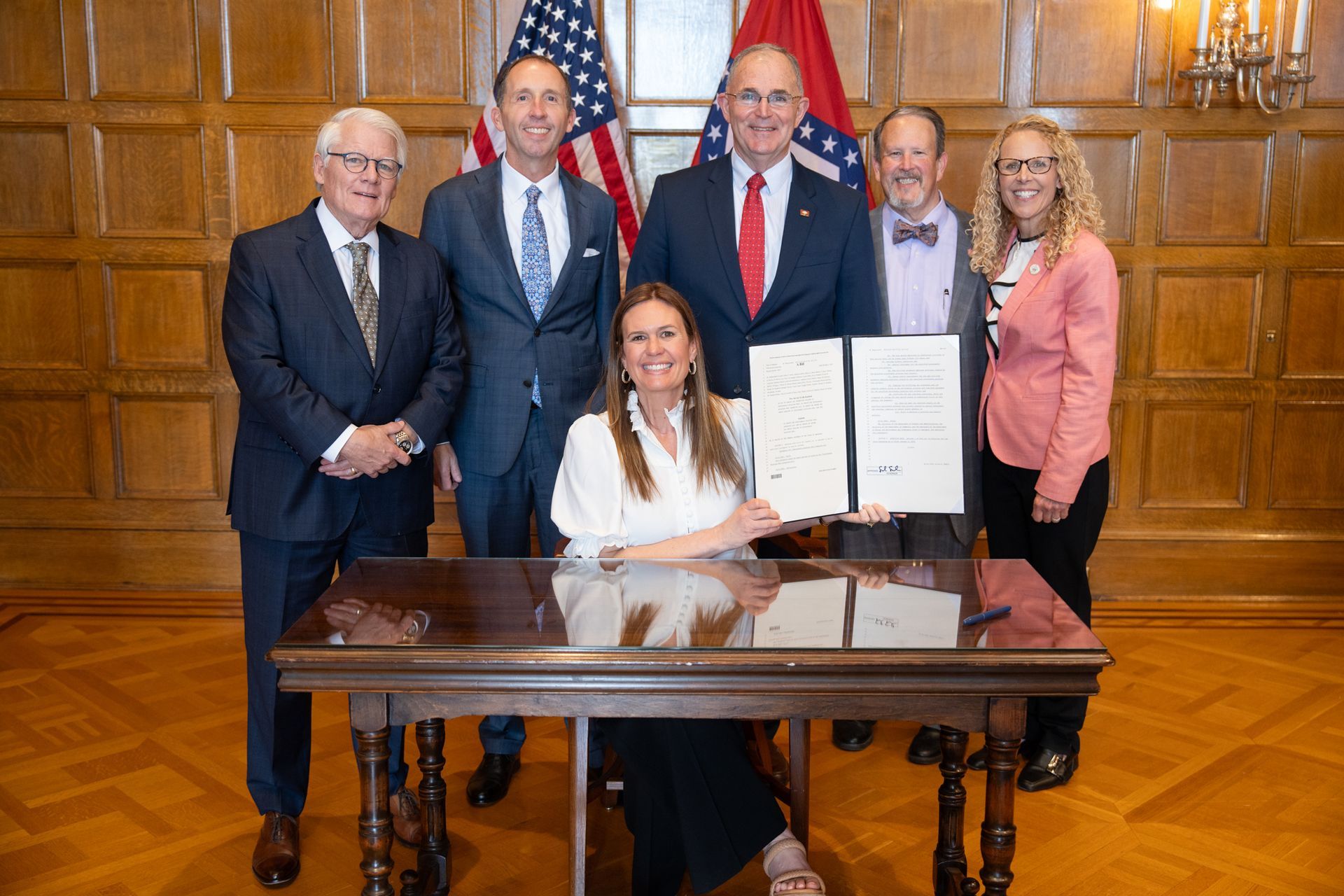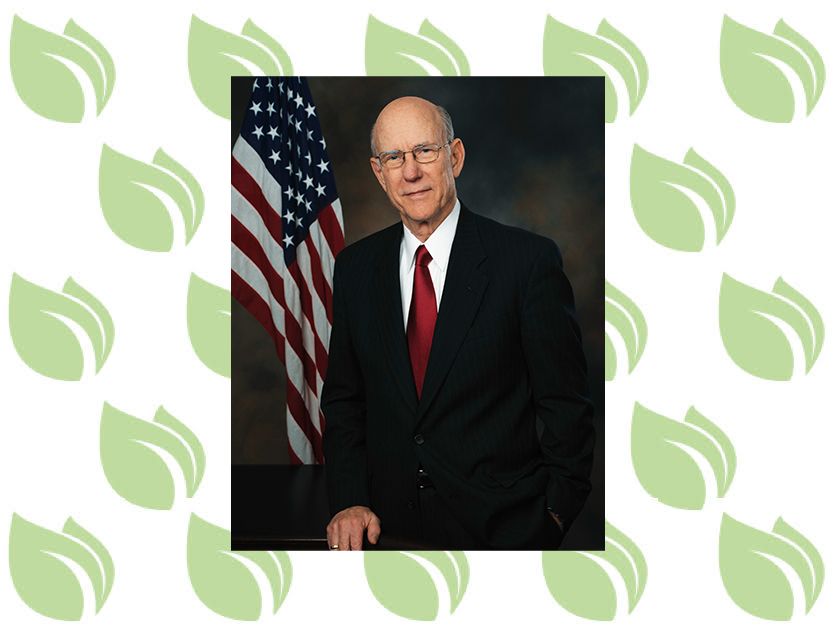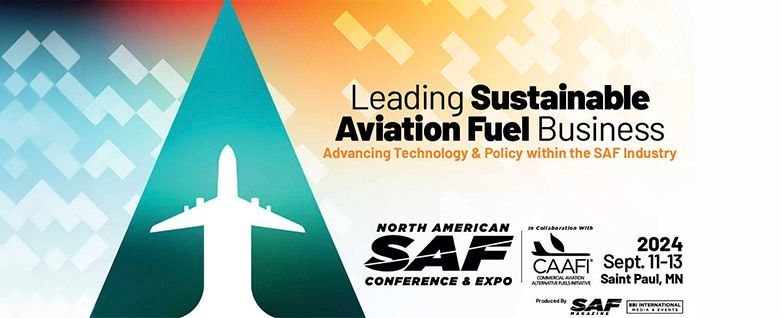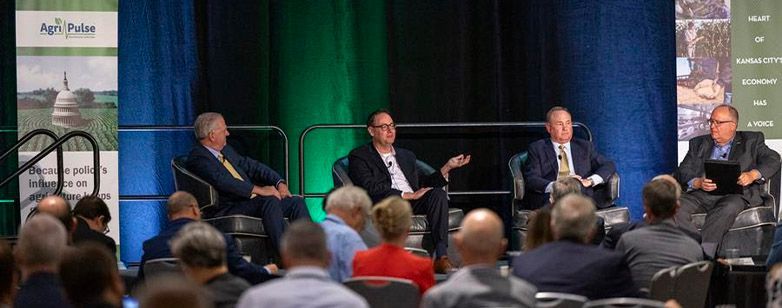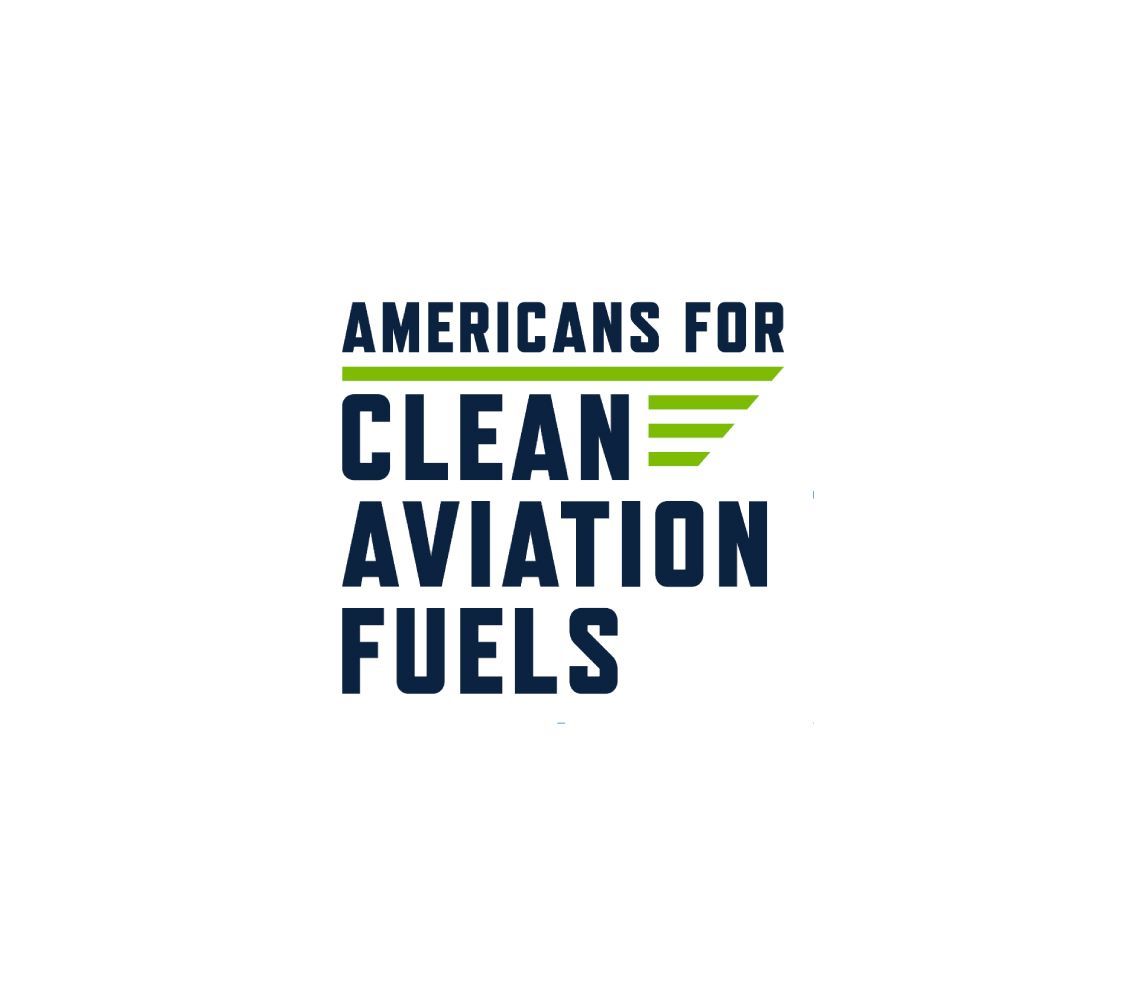ACAF Founding Member, ExxonMobil, Participates in Inaugural SAF Conference in Illinois: “The Time to Act is Now”
ACAF Founding Member, ExxonMobil, Participates in Inaugural SAF Conference in Illinois: “The Time to Act is Now”
LISLE, IL — Founding member of Americans for Clean Aviation Fuels (ACAF), ExxonMobil, joined state and local energy and transportation leaders at the inaugural Illinois Sustainable Aviation Fuel Conference held by key stakeholders in this space. Jack Williams, Senior Vice President at ExxonMobil, participated in a fireside chat and discussed the importance of smart policies to support Sustainable Aviation Fuel (SAF) production. Scaling up SAF would support the creation of high-quality jobs throughout the country – particularly in the Midwest states, including Illinois – and promote domestic energy independence and economic development for years to come.
FarmWeekNow reports:
“ExxonMobil Senior Vice President Jack Williams said the aviation market continues to grow.
“‘It’s a big market today and it’s going to get a lot bigger. And SAF is riding in on a white horse,’ he said during the inaugural ‘Leading the Way: Sustainable Aviation Fuel in Illinois Conference’ in Lisle March 21-22.
“Worldwide, aviation accounts for 2% of all carbon dioxide (CO2) emissions and 12% of all CO2 emissions from transportation.
“‘As a drop-in fuel, meaning it can be mixed with traditional jet fuel up to 50%, SAF can gradually be increased over time,’ Williams said.
“A handful of pathways for producing SAF are approved, and include a range of different biomasses and feedstock types, including ethanol…
“‘Good policy also is key,’ Williams said. And several policy components are necessary: life cycle-emissions-based, technology neutral and market-driven.
“‘The ingredients are in place, the time to act is now,’ Williams said.”
ACAF is a national coalition of the nation’s largest industrial sectors, from farmers to fuel producers and aviation to agribusiness. The organization is focused on promoting the economic benefits of building a robust U.S. market for clean aviation fuels.
The “Leading the Way: Sustainable Aviation Fuel in Illinois” conference brought together key stakeholders in the energy, transportation and agricultural industries to discuss how the growth of SAF in the U.S. can transform industries, create jobs and reduce carbon emissions.


